
Power and Progress
Our Thousand-Year Struggle Over Technology and Prosperity
Recommendation
In this deep dive into the history of innovation, MIT economists Daron Acemoglu and Simon Johnson adeptly illustrate that humans have been responsible for some remarkable technological advancements, even during seemingly fallow periods like the Middle Ages. But, they argue, the benefits of technical progress tend to accrue almost entirely to those in power; today, Big Tech concentrates greater wealth into fewer hands. Acemoglu and Johnson call for interventions that can help guide progress, including in AI development, while ensuring that its gains go to more people.
Summary
About the Authors
Daron Acemoglu is a professor at MIT and the co-author of The Narrow Corridor and Why Nations Fail. Simon Johnson is a professor at the MIT Sloan School and was formerly chief economist at the International Monetary Fund. He is the co-author of Jump-Starting America and 13 Bankers.





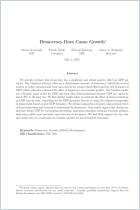
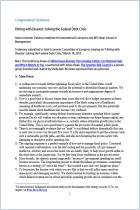
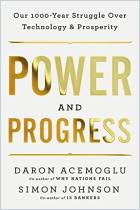
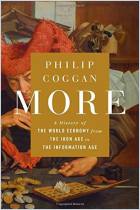



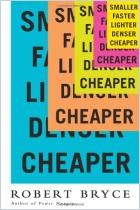




Comment on this summary